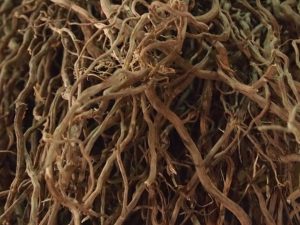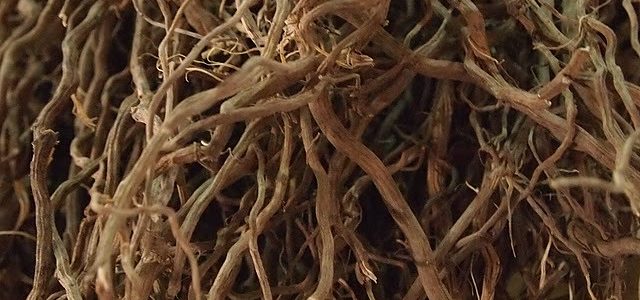
How do Indigenous folk manage the White Wasatch American cultural capture of Mormonism?
Daniel Hernandez, PhD Candidate at the University of Auckland, is an Urban Diasporic Mayan but grew up in Rose Park, Salt Lake City, Utah among a mostly Tongan and Samoan community. As researcher, observer and participant in the various cultures of ‘Brown Utah’ we discuss Kava and the importance of cultivating and preserving traditional practices that build connection to indigenous roots.
(Kava as a root extract from a plant found in the Pacific Islands and is consumed as a drink in ceremony. Both Kava drinks and the ceremonies associated have come under General Authority criticism from time to time. BYU-Hawaii and some local leaders have banned it outright.)


I really can’t see how this kava ceremony is any different from groups of people sitting around using cannabis.
It too facilitates peaceful conversation and I just feel like my ego takes a back seat. If I don’t indulge heavily, my mind is clear and my thoughts are much more pragmatic and creative.
Why do you think the kava ceremony is any different Daniel? It’s just a group of humans doing what humans have done for thousands and thousands of years.
In England for example, it is a huge cultural thing to make a pot of tea for visitors. In N. America, inviting someone to have coffee is a very cultural thing.
It really does spike my interest in why the colonization had to include preventing indigenous peoples from holding ceremonies or gatherings that are special to them. I ‘think’ it was cultural genocide.
“We won’t have to deal with these brown people if we destroy their cohesion.” In Canada the native peoples held the potlatch ceremony. However, an intolerant federal government banned the potlatch from 1884 to 1951 in an amendment to the Indian Act, ostensibly because of the treatment — seen as wasteful, reckless (and anti-Christian) — of personal property.
I loved the conversation and wish you all the best with your dissertation Daniel.
http://www.thecanadianencyclopedia.ca/en/article/potlatch/
Greetings,
I think what would distinguish the Kava ceremonies is the personal ancestral connections people have, genealogical ties to place and culture, physical properties, and the protocols of how to use Kava as a few examples. However, in various contexts there are different foods, drinks, substances, that literally or symbolically aid in facilitating conversation, reflection, social-political performance, spiritual/philosophical development, and conflict mediation as you indicate, and in that sense there may be some similarities generally speaking in my opinion. I would agree in both genocide and ethnocide that has taken place through colonial/imperial projects and continues to in shape shifted forms today unfortunately, like the example you share from Canada.
Thank you for your well wishes,
Daniel
Very interesting podcast. It has given me another perspective that I had not considered.
I like the phrase “The fruits of kava should be harmony.” As the wife of a kava drinker, I have had a different experience.
Although Kava is not addictive, it is a nervous system depressant. It can produce similar symptoms to alcohol intoxication, including reduced muscle control (ataxia) and an inability to talk properly in larger doses.
It has caused me great anxiety to have a husband, who would drive after a kava session, increasing the risk to himself and others of injury or death. I disliked that he would sleep the next morning away, instead of spending time with his family. He also had “kava dermatitis”, the dry, scaly, rash that one can experience from kava drinking.
Kava can compound existing health and substance abuse issues, not only having health impacts, but social and financial impacts.
Contrary to popular belief it does have long term health effects that can range from a rash to worsening pre-existing mental illness to liver damage.
The issue for me is less about my husband drinking kava, but how he drinks it and what it does to him.
To be fair I cause my family anxiety when I have a chocolate binge. I become grumpy, feel terrible and have stomach cramps. Such behaviour does not facilitate conversation or spiritual development. My sugary food binges actually causes conflict, because my family are concerned about my health.
On the lighter side, as a family we all agree on the non-consumption of Coca-Cola.
Thank you for your thoughtful podcast.
Thank you for having discussions that open my eyes to issues I’m not even aware of. I love the idea of connecting with the earth and participating in a ritual that brings connection and understanding. I’m a white woman with no claims to the ritual of Kava drinking, but I would love to be included and participate. What are your thoughts about people not of this culture wanting to adopt practices of other cultures.